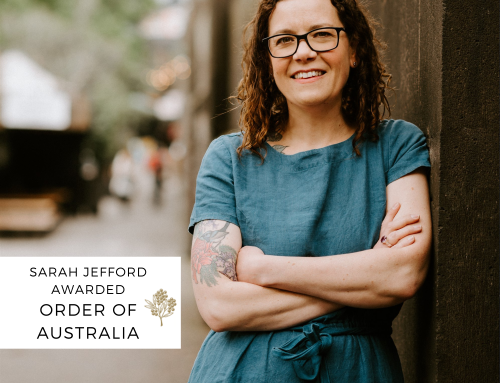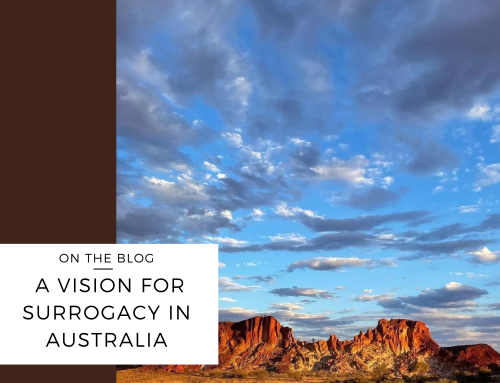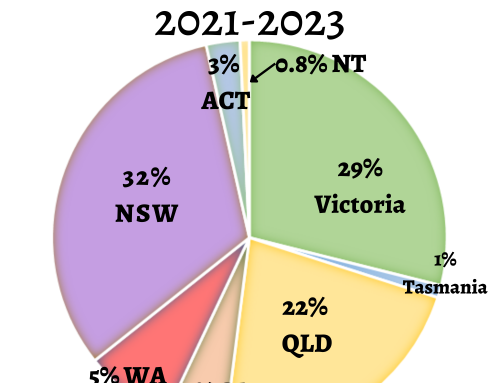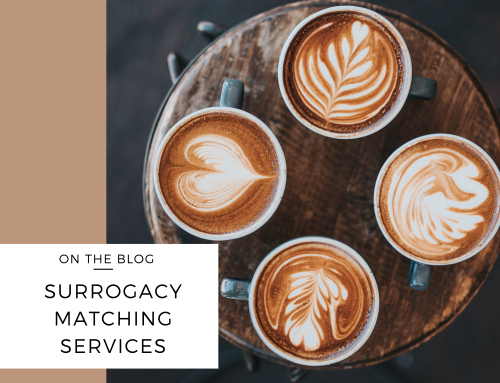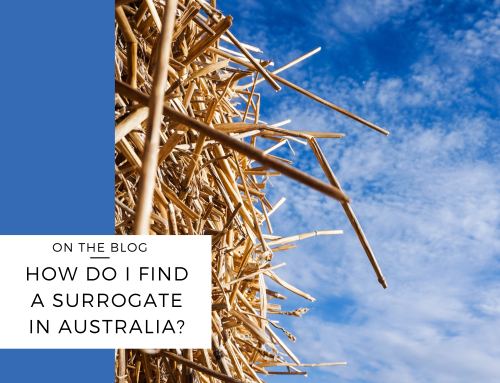The original post was written in March 2020. It has since been updated in late April 2020, and again in August 2020.
These are uncertain times! Unfortunately I made the difficult decision to postpone the Surrogacy Sisterhood scheduled in May, and since doing so, the state borders closed which stops us all from getting to South Australia for the Retreat. No fear! We shall reschedule and the surrogates are in good spirits – we’ll be meeting over Zoom while we bunker down in our homes.
If you were planning to undergo IVF treatment or a surrogacy arrangement overseas, unfortunately there is no certainty of the full impact on your arrangement, or the timelines for when borders will open. I would expect most people to be waiting for a year or more before being able to travel overseas.
We’re part-way through a surrogacy arrangement overseas – what do we do?
For travel advice and information, always rely on reputable sources including the Australian government’s Smart Traveller website, or the Department of Home Affairs website.
There are likely isolation requirements in your destination country, or in some cases prohibitions on entry. You can join the Surrogacy Overseas – COVID Networking Facebook group for support from other intended parents. You should be cautious about paying anyone for advice or services that may not be legal, or ethical, to help you with your international surrogacy arrangement.
What about IVF treatment?
IVF treatment was put on hold across Australia, but recent national cabinet meetings have resolved to allow IVF treatment and other elective surgeries to proceed. You should contact your IVF clinic about their processes for re-starting treatment.
Transporting embryos and gametes, or travelling for IVF
Many intended parents have found themselves unable to travel to reach their embryos in another country. There are laws and regulations around importing, exporting and using embryos, particularly if they were made using donors. You need to get specific advice about your circumstances from a credible source.
We’re already pregnant – what does coronavirus mean for us?
The advice from the medical practitioners is that pregnant people who contract coronavirus will likely suffer mild to moderate cold or flu like symptoms, and there appears to be no evidence of an increased risk to the pregnancy, such as miscarriage, prematurity, fetal abnormalities or any other complications. However, there is limited evidence on the impact of the virus on pregnant people.
Pregnant teams may expect increased restrictions on attendance at medical appointments, including not allowing intended parents to attend appointments. This is ever-changing and teams part-way through a pregnancy should look to their treating hospital for information and guidance. I’ve recently supported several teams to negotiate with healthcare providers and hospitals to make sure the intended parents can be present at the birth and care for baby.
If you are planning a pregnancy, undergoing fertility treatment or already pregnant, you should follow the advice of your particular clinic and medical practitioner. You may like to consider delaying embryo transfers until the situation becomes more stable. Surrogates and intended parents should be able to spend lots of time together during the pregnancy, and my advice would be that treatment should be delayed a few months to give the team the best possible chance of being together during the pregnancy.
Australians have been isolating at home for several weeks now, and for surrogacy teams this can mean limited or no physical contact. This might mean that the intended parents can offer limited support because they can no longer attend the surrogate’s home to assist with housework and childcare and spending quality time together. You might choose to be in each other’s ‘bubble’ but this can be risky if anyone in the team is not isolating from the rest of the community.
…and the birth?
Sadly, it seems some parents progressing through international surrogacy may not be able to attend the birth – either because of hospital restrictions on support people and visitors, or because of travel bans and isolation requirements. This situation must be incredibly stressful for intended parents and surrogates alike. You should contact your clinic or agency to discuss the best way to manage the birth and newborn days, should you be unable to travel or be placed in isolation around the time of the birth. I have read of many babies being cared for by nannies, or surrogates, as the intended parents cannot be there in time for the baby to arrive. Whilst upsetting and stressful, I am confident that agencies will do their best to make sure the babies are well cared for until the parents can arrive.
For Australian teams with a pregnant surrogate, you may need to seek special consideration for your circumstances to allow intended parents to attend appointments and the birth. The interstate travel restrictions have caused all sorts of challenges and stress for intended parents and surrogates. If you need help with navigating and negotiating with hospitals and care providers, we can work through it together.
Good luck! There are no precedents for what we are experiencing. Please take it one day at a time, and look after yourselves and your families.
You can find more information in the free Surrogacy Handbook, reading articles in the Blog, by listening to more episodes of the Podcast. You can also book in for a consult with me below.




